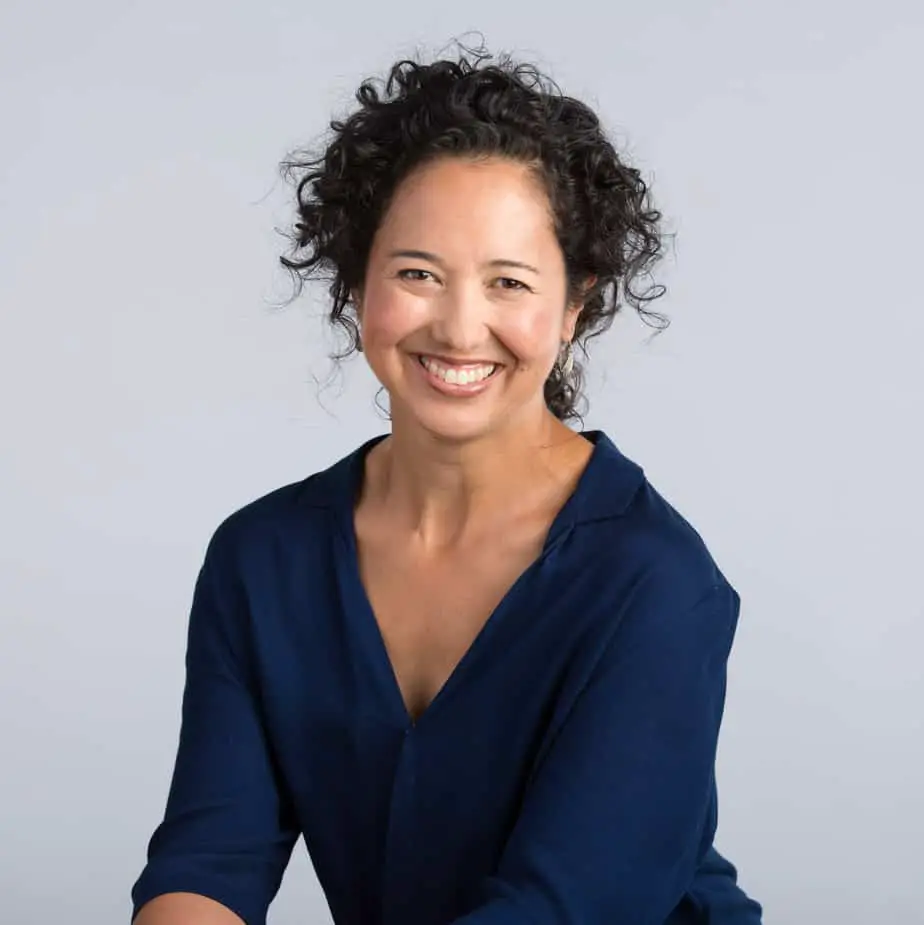How was your University time?
Why did you seek out a career in Product Management?
What was your first job or nuggets from jobs you had that helped you to get to where you are today?
I wrote about what I felt served me best my entire career in “A Better Way” I always sought another, better way to do what was being done.
When I started I was the most junior product manager at Microsoft, which meant I got the collection of jobs no one else really wanted. In my case, that included overseeing direct mail and end-of-life-ing a soon obsolete Word for DOS. The direct mail team came to me with the last creative concept they’d used asking what I wanted to alter for the next piece. I asked, “Have we thought about interviewing customers who already upgraded to promote their reasons why in their own words?” It was a novel idea at the time. The presumption back then was those in the industry could say it better than ordinary users. “No, we haven’t done that before, but I guess we can interview a few users,” offered the direct mail lead. It resulted in a totally new direct mail piece that was the best performing Wave 4 the team had done.
The guy who handed Word for DOS off told me, “You’re babysitting its end-of-life. You shouldn’t have to touch anything.” But when I looked at its packaging, it was a complicated design which was expensive to produce. I met with the packaging team to see if we could simplify it, got approval, and within months had shaved over $1M in total costs from the product’s bottom line. The guy who had done the handoff asked me, “Did someone tell you to do that?” “No,” I replied, “it just seemed like the obvious thing to do.”
It’s only in hindsight and working with thousands of others in the interim that I realized looking for a better way isn’t obvious to many people nor is being in the habit of challenging assumptions. The world needs all types, so I have no judgment for those who don’t work this way, but I will say for those who aspire to create, regardless of background, skills, or where you apply them, this fundamental way of questioning the status quo is important for creation. And creation is what’s essential for true innovation — which is finding something that is a truly unique, novel solution.
Know that challenging the status quo does not mean challenging reason, facts themselves or doing so merely for the sake of being contrarian. It means taking as a given facts and constraints as they are and pushing for a better, smarter way through them.
So, no matter what you do, ask “Is there a better way?” and just do it! You might be surprised where it could lead you

